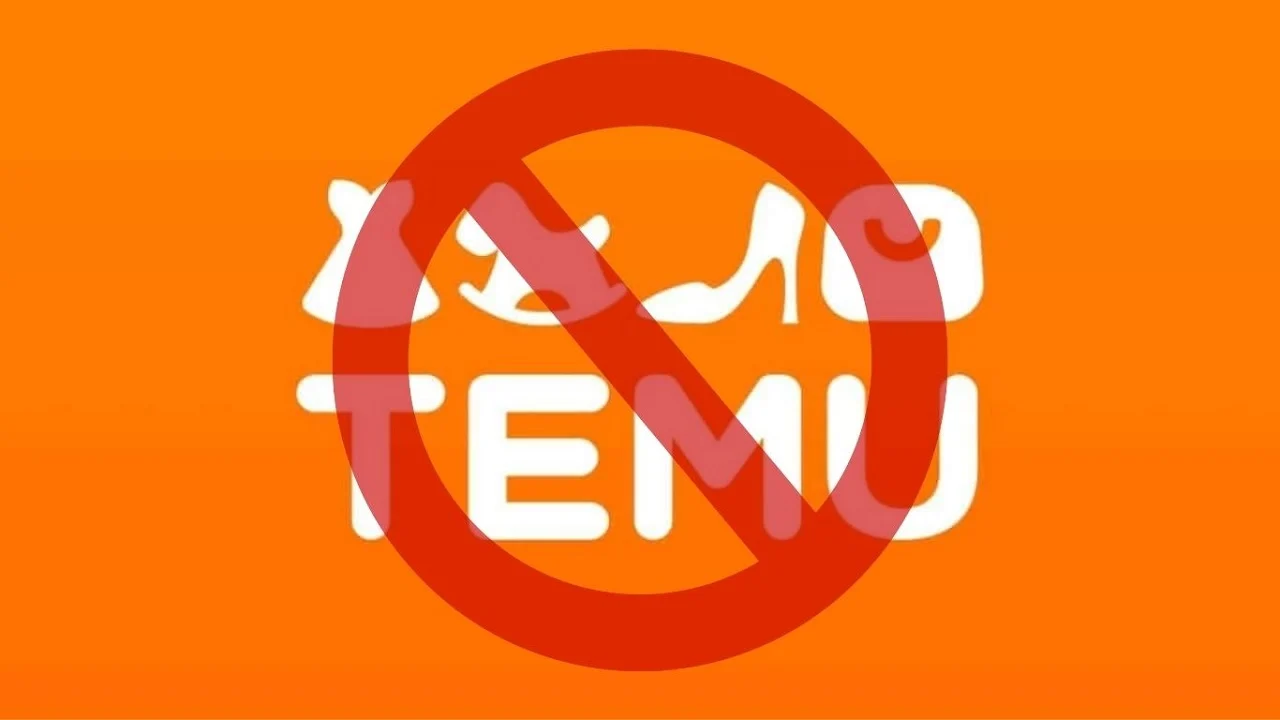The Competition Commission of Pakistan (CCP) has requested the Pakistan Telecommunication Authority (PTA) to ban the Chinese e-commerce platform Temu, citing market distortion and risks to Pakistani consumers. In a letter dated August 22, the CCP acknowledged that it lacks the legal authority to directly shut down the app, as Temu is not registered in Pakistan. However, it has urged PTA to act, being the only authority able to restrict digital platforms in the country.
Retailers Raise Alarm Over Predatory Pricing
Local trade bodies, including the Pakistan Retail Business Council and the Chainstore Association of Pakistan, have voiced strong opposition to Temu’s operations. They argue that Temu relies on predatory pricing and misleading promotions, selling products below cost to dominate the market and undermine local businesses.
A joint statement from the associations warned: “This isn’t innovation; it’s suffocation. Local retailers cannot survive such price wars.”
Consumer Protection Concerns
Consumer rights advocates also raised red flags. They claim Temu fails to meet basic standards for customer safety, such as cash-on-delivery, return options, and reliable product reviews. With Pakistani consumers still building trust in online shopping, these gaps pose significant risks.
READ MORE:
CDA to Launch Free Wi-Fi at 35 Locations Across Islamabad
Critics argue that while local businesses must adhere to strict compliance rules, foreign platforms like Temu operate outside regulatory oversight, creating an unfair competitive environment.
Regional Trends
Pakistan is not the first to face challenges from Temu. Countries like Indonesia and Vietnam have already taken steps to restrict the app due to similar concerns about consumer protection and fair competition. Analysts warn that Pakistan’s retail sector could suffer long-term damage without proper regulation.
The PTA now faces a critical decision—whether to ban Temu entirely or draft new regulations to bring it into compliance. Pressure is growing from both industry stakeholders and consumer groups who fear the unchecked platform may severely impact small businesses and erode public trust in e-commerce.


